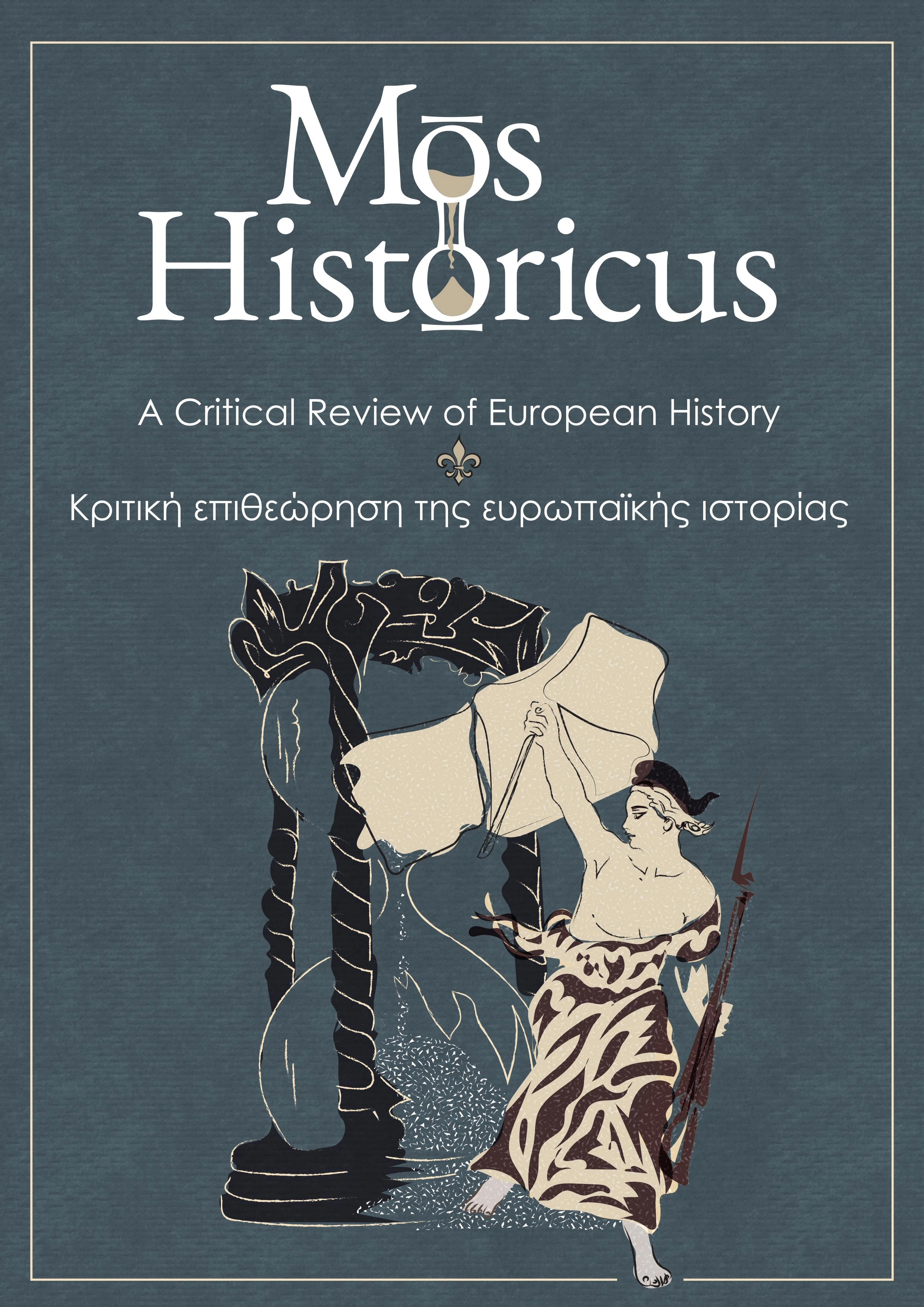Public Memory and Odonymics in Post-socialist Formations

Abstract
The present article focuses on odonymics as representations of collective memory, as well as their transformations depending on the political and ideological context. The naming of streets and monuments is a cultural practice that normalizes the authorized version of history in the city-text and highlights the city as a place of public memory shaped by the political agendas of the elites. More specifically, during periods of socio-economic and geopolitical transformation, when mnemonic priorities change, odonymics constitute a political tool to promote and legitimize the new political and ideological canon. This article
attempts to describe odonymic change as a manifestation of the redefinition of the relationship between public space and history in the context of the transition from Socialism to postsocialist formations. For this purpose, the cases of six cities (of Hungary, Poland, Romania, and the former Soviet Union) are studied, in order to highlight the removal of the socialist past
from the city-text through the process of odonymic change due to its rejection by the new ideological-political reality and its replacement by new odonymics with reference mainly to the pro-socialist period.
Article Details
- How to Cite
-
Aloizou, K. (2024). Public Memory and Odonymics in Post-socialist Formations. Mos Historicus: A Critical Review of European History, 2(1), 209–235. https://doi.org/10.12681/mh.38758
- Section
- Articles

This work is licensed under a Creative Commons Attribution 4.0 International License.
Copyright Ownership:
Authors retain full copyright over their work published in Mos Historicus: A Critical Review of European History. By submitting to and publishing in the journal, authors grant Mos Historicus the exclusive right to first publication. All published works are made available under the Creative Commons Attribution 4.0 International Licence (CC BY 4.0).
License Terms:
Under the CC BY 4.0 third parties may copy, distribute, display, and adapt the work for any purpose, provided that:
i. the original author and the original publication in Mos Historicus are properly credited,
ii. and any modifications, adaptations, or other changes to the original work are clearly indicated.


